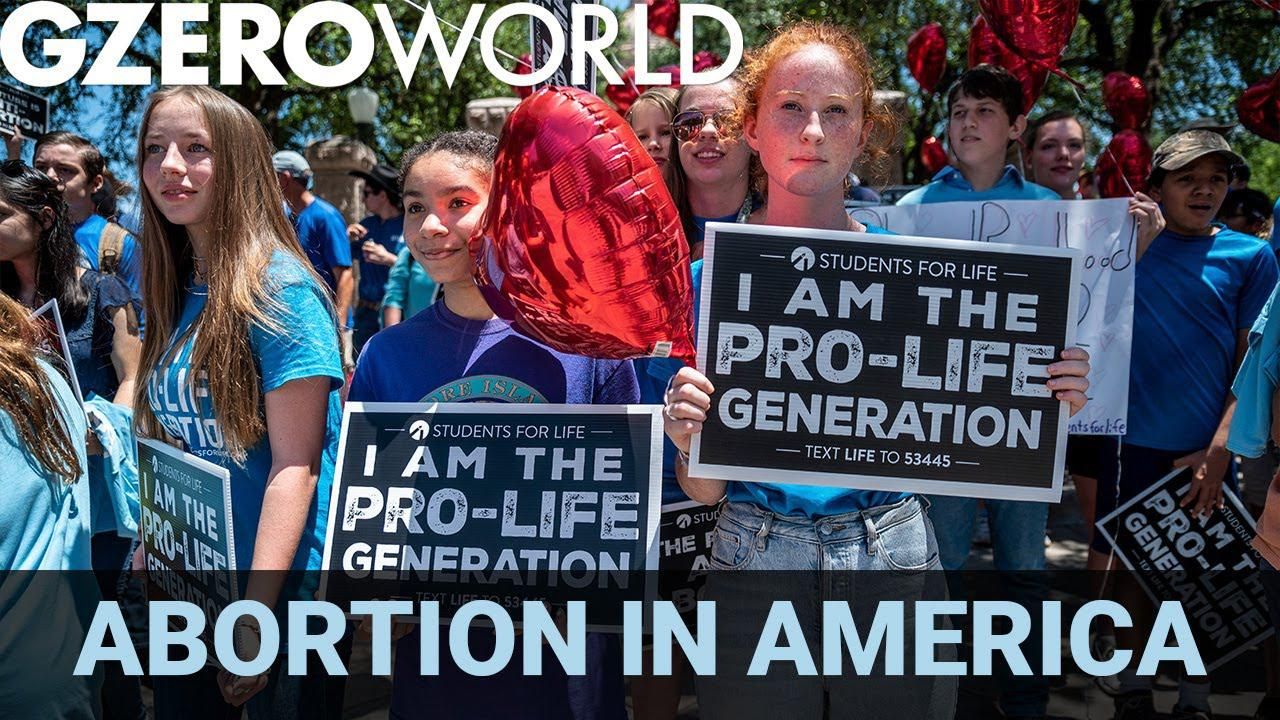GZERO World Clips
Abortion pills likely headed to Supreme Court, says NYT Mag columnist Emily Bazelon

Abortion Pills Likely Headed to Supreme Court, says NYT Columnist Emily Bazelon | GZERO World

The issue of abortion pills could soon be taken up by the Supreme Court, New York Times Columnist Emily Bazelon told Ian Bremmer on GZERO World. This comes despite Attorney General Merrick Garland’s announcement that the pills could not be banned by states because of their FDA status.
“That's a pretty basic principle [that] federal regulation gets to trump essentially state regulation,” she said. However, she issued a warning about how the court’s handling of the issue could play out: “Sometimes when rules seem like they generally apply, they can look different in the context of abortion, especially with this conservative court.”
After 50 years of precedent, Bazelon argued that pro-life groups including the Federalist Society have worked for decades to overturn Roe V Wade, while liberals were more complacent and assumed the constitutional right to an abortion was safe.
“You wonder whether the people who care the most are going to triumph in the end,” she added.
In this Quick Take, Ian Bremmer addresses the killing of Alex Pretti at a protest in Minneapolis, calling it “a tipping point” in America’s increasingly volatile politics.
Who decides the boundaries for artificial intelligence, and how do governments ensure public trust? Speaking at the 2026 World Economic Forum in Davos, Arancha González Laya, Dean of the Paris School of International Affairs and former Foreign Minister of Spain, emphasized the importance of clear regulations to maintain trust in technology.
Will AI change the balance of power in the world? At the 2026 World Economic Forum in Davos, Ian Bremmer addresses how artificial intelligence could redefine global politics, human behavior, and societal stability.
Ian Bremmer sits down with Finland’s President Alexander Stubb and the IMF’s Kristalina Georgieva on the sidelines of the World Economic Forum to discuss President Trump’s Greenland threats, the state of the global economy, and the future of the transatlantic relationship.